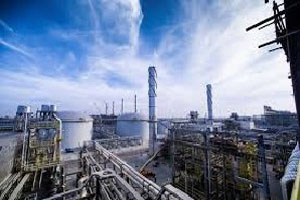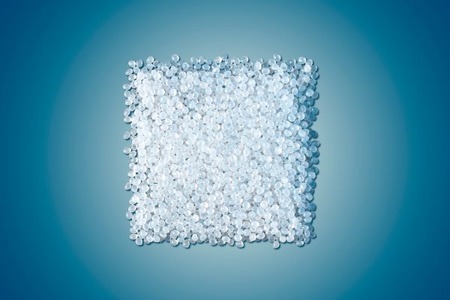
Gulf petchem producers tying up with overseas for projects and acquisitions
YarnsandFibers News Bureau 2017-06-05 17:00:00 – GulfGulf petrochemical producers mainly based in Saudi Arabia due to regional gas shortage and the need to be closer to their customers will target more international players for petrochemical projects and acquisitions, experts said. Developing a project becomes more global in nature and the choice of location to invest in becomes one of being close to, either other low-cost centres for feedstocks or the markets.
Last month, Saudi Aramco signed an agreement with China North Industries Group, also known as Norinco, to develop an integrated refining and petrochemical project in Panjin, in Liaoning province, a major oil-producing centre in north-east China. The project involves building a 300,000-barrel per day refinery, a 1 million tonnes a year ethylene cracker, and other chemical projects.
This deal is the third in a series of agreements between the state-owned energy company and Asian countries in recent months
In February, Aramco agreed to buy a 50 per cent stake in a refining and petrochemical project that is being developed by the Malaysian state-controlled oil company Petronas in the southern state of Johor. The Refinery and Petrochemical Integrated Development (Rapid) project will include a 300,000 barrel per day oil refinery and a petrochemical complex with a production capacity of 3.5 million tonnes a year.
In December, Aramco and Indonesia’s state-owned oil and gas firm Pertamina signed a joint venture agreement to own, upgrade and operate the Cilacap Refinery in central Java, which will also produce basic petrochemicals.
Abdulwahab Al Sadoun, the secretary general of the Dubai-based non-profit Gulf Petrochemicals and Chemicals Association (GPCA) said that they do expect several players to expand overseas either through joint ventures or even through acquisitions, and the key issue is integrating the synergy between the business at home and overseas.
Saudi Arabia’s Sabic, one of the world’s biggest petrochemical producers, and ExxonMobil have agreed to conduct a detailed study for a joint petrochemical complex in Texas, with a potential capacity of 1.8 million tonnes of ethylene per year.
Sabic also signed an agreement last year with China’s Shenhua Ningxia Coal Industry Group to build a coal-to-petrochemicals complex in the east Asian country.
Gulf producers are increasingly targeting China, which accounts for 20 per cent of their petrochemical exports, and the United States, which has cheap gas feedstock thanks to the shale gas revolution.
The regional producers are hurrying to take a slice of China’s refining petrochemical market as the country seeks self-sufficiency from using coal as feedstock for its projects.
Borouge, a joint venture between Abu Dhabi National Oil Company (Adnoc) and Austria’s Borealis that produces petrochemicals in the UAE, is ramping up production of high-grade polymer products to meet demand from China’s car industry. This comes as Adnoc plans to boost its petrochemical capacity to 11.4 million tonnes by 2025 from 4.5 million tonnes last year.
The rise in feedstock prices in the Gulf as countries trim subsidies for gas, electricity and water is another catalyst for countries to target overseas markets for investment.
There is a chance that China will succeed in self-sufficiency in key products, so we have to really look for alternatives, we have to be competitive, and any escalation in the [feedstock] prices will hurt the industry, keeping in mind that the feedstock represents 50 per cent of production costs, said Mr Al Sadoun.
Despite the gas constraints and higher feedstock prices, the region’s petrochemicals capacity grew by 3.7 per cent last year to 150 million tonnes and is forecast to rise to 156.65 million tonnes this year, according to the GPCA. Among the projects that will contribute to this growth is Aramco’s US$20 billion joint venture in Saudi Arabia with Dow Chemical of the US, which is expected to reach full capacity by next year. The project is introducing to the market new high-value added products, which is likely to become the trend for the remaining producers.
Despite the low oil price environment, coupled with tepid global growth, Middle East producers will remain resilient and maintain their position as key exporters of petrochemicals, said Muhamad Fadhil, the head of Middle East Markets at ICIS, a data provider for petrochemical markets.
The region will also move further into speciality chemicals and value-added products in the coming years to expand its portfolio of petrochemical offerings. Petrochemical prices are closely linked to crude prices.
Market Intelligence
Ask for free sample Report

experience
Customer Base
dedicated team
Countries Served Worldwide









